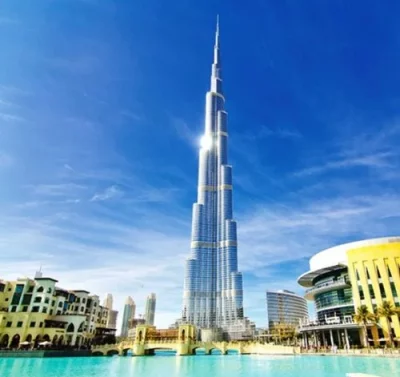According to the Director of Reliance Retail, Subramaniam V, the retail market in India is anticipated to ascend to an impressive value of USD 2 trillion by the year 2032, which will place it among the rapidly advancing retail markets worldwide.
In the year 2022, the Indian retail market is projected to attain a worth of USD 844 billion, with the unorganized retail sector making up a significant 87% of the total share. Subramaniam accentuated the fact that the unorganized retail segment is extremely disjointed, with little to no modern infrastructure or technology owing to its modest volume and financial resources.
To foster inclusive and sustainable growth in the industry, Subramaniam emphasized the importance of creating an operational environment that facilitates the inclusive growth of smaller, unorganized players. Government policies and the business practices of larger players must encourage the growth of smaller players to achieve this.
To enable small producers and manufacturers (SMEs) to produce high-quality products, Subramaniam highlighted the need for establishing a sourcing ecosystem that facilitates the modernization of their operations. Moreover, investments are required to develop the supply-chain infrastructure in India, connecting all major sourcing locations through a scalable warehousing and logistics ecosystem to reduce sourcing time and enable faster movement of goods.
Subramaniam noted that the retail sector is currently experiencing innovative changes in both physical and e-commerce through the adoption of cutting-edge technologies such as Artificial Intelligence and Machine Learning. He also mentioned that with the aid of 5G, there is likely to be a surge in new cases in the retail space.
However, Subramaniam acknowledged the challenges faced by the retail industry, particularly in terms of licensing requirements. He stated that opening a single retail store currently requires anywhere between 10 to 70 licenses, and suggested that policy intervention is necessary in this space. He recommended the implementation of a “single license” for business entities by the state government, rather than multiple licenses.
India’s burgeoning retail industry is poised to escalate at a prodigious rate of 10% annually, thereby rendering it the world’s most rapidly expanding retail market. Nonetheless, the unorganized retail market, which is dominated by small-scale enterprises, is splintered and bereft of avant-garde infrastructure and technology. To invigorate the progression of the unorganized retail sector, it is incumbent upon the government policies and commercial modus operandi of larger players to galvanize all-encompassing expansion.
The establishment of a sourcing ecosystem that modernizes the operations of small producers and manufacturers is crucial to enable them to produce high-quality products. Additionally, investments are required to develop a scalable warehousing and logistics ecosystem that connects all major sourcing locations, reducing sourcing time and enabling faster movement of goods.
The retail sector is experiencing innovative changes in both physical and e-commerce through the adoption of cutting-edge technologies such as Artificial Intelligence and Machine Learning. With the aid of 5G, there is likely to be a surge in new cases in the retail space.
However, the retail industry faces significant challenges, particularly in terms of licensing requirements. The current licensing requirements are burdensome, with opening a single retail store requiring anywhere between 10 to 70 licenses. Policy intervention is necessary in this space, with the implementation of a “single license” for business entities by the state government, rather than multiple licenses.















